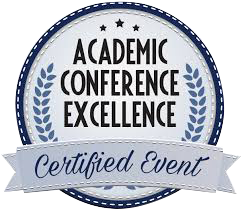
Ivana Stojanovic
University of Belgrade, Serbia
Title: New protocol for generation of insulin-specifi c T regulatory cells
Biography
Biography: Ivana Stojanovic
Abstract
Immunotherapy of autoimmune diseases with CD4+CD25highFoxP3+ T regulatory cells (Tregs) is currently in the stage of clinical trials. Tregs used for human therapy are polyclonal, but studies in animals showed that autoantigen-specific Tregs are more effective in preventing or ameliorating the pathogenesis of autoimmune diseases compared to polyclonal Tregs. Since Tregs are usually defective in individuals with an autoimmune process, the basic idea of our research was to convert insulin-specific T effector cells into insulin-specific Tregs using various in vitro manipulations. In NOD mice that develop T1D spontaneously, the occurrence of insulin-specific CD4+ T cells was 0,1%. In order to increase the number of insulin-specific T cells, CD4+ T cells were co-cultivated in vitro with autologous mature dendritic cells in the presence of insulin peptide (B9:23). The proportion of insulin-specific CD4+ cells after 48 h increased up to 3,4±0,1% and this level remained stable for 2 days. Insulin-specific CD4+ cells were then stained by fluorescent insulin-loaded MHC class II tetramer and sorted using flow cytometer. Obtained cells were cultured in RPMI-1640 medium supplemented with TCR stimulators (anti-CD3 and anti-CD28 antibody), recombinant IL-2 and TGF-b proteins. After 5 days, the number of CD4+CD25highFoxP3+ Tregs reached 48%. However, further cultivation (with medium replacement every second day) did not lead to an increase in the number of Tregs, on the contrary, the Treg proportion was reduced to 14%. These results imply that it is feasible to generate antigen-specific Tregs from antigen-specific effector cells, but the protocol still requires a few modifications in order to produce sufficient number of Tregs for in vivo use.

